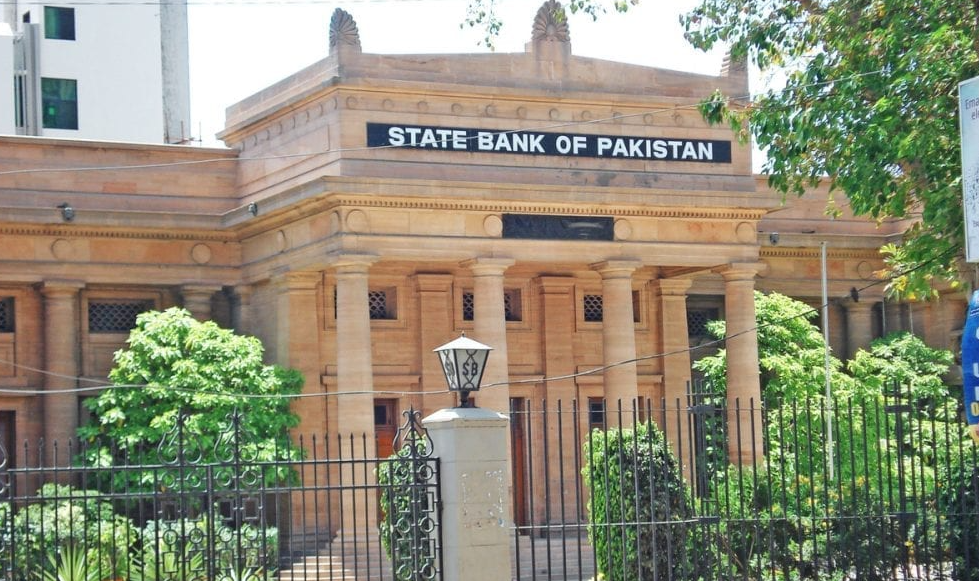The Belarus National Bank is the central bank of Belarus and plays a pivotal role in the country’s financial system. With its primary objective of maintaining price stability and ensuring the soundness of the banking sector, the National Bank actively contributes to the overall economic development of Belarus. In this article, we will delve into the functions and responsibilities of the National Bank, explore its monetary policy framework, discuss banking supervision and regulation, examine currency exchange and foreign reserves management, and highlight the bank’s efforts towards technological innovation and international cooperation.
The National Bank of the Republic of Belarus, commonly known as the Belarus National Bank, is the highest monetary authority in Belarus. It operates as an independent institution and is accountable to the President of the Republic of Belarus. The main goal of the National Bank is to ensure price stability and the stability of the financial system.
The Role and Responsibilities of the Belarus National Bank
The National Bank has a wide range of responsibilities aimed at maintaining the stability and efficiency of the financial sector. One of its primary roles is to formulate and implement monetary policy. The bank also regulates and supervises commercial banks and other financial institutions, ensuring their compliance with prudential regulations and standards.
Monetary Policy in Belarus
Overview of Monetary Policy
Monetary policy refers to the actions and decisions taken by the central bank to manage the money supply and influence interest rates. In Belarus, the National Bank formulates and implements monetary policy with the objective of maintaining price stability while supporting sustainable economic growth.
Objectives of Monetary Policy
The National Bank pursues several objectives through its monetary policy framework. These include controlling inflation, maintaining the stability of the national currency, ensuring the stability of the financial system, and supporting sustainable economic development.
Tools Used by the National Bank for Implementing Monetary Policy
The National Bank utilizes various tools to implement its monetary policy effectively. These tools include open market operations, reserve requirements, discount rates, and foreign exchange interventions. By adjusting these tools, the National Bank influences the money supply, interest rates, and exchange rates to achieve its policy objectives.
Banking Supervision and Regulation by Belarus National Bank
Importance of Banking Supervision
Effective banking supervision is essential for maintaining the stability and integrity of the banking system. The National Bank plays a crucial role in supervising and regulating banks in Belarus to ensure their soundness and compliance with applicable laws and regulations.
Role of the National Bank in Banking Supervision
The National Bank is responsible for granting licenses to banks, monitoring their financial condition, and enforcing prudential regulations. It conducts regular inspections and assessments to assess the financial health and risk management practices of banks. The National Bank also establishes and enforces regulations related to capital adequacy, asset quality, liquidity, and corporate governance.
Regulatory Framework for Banks in Belarus
The regulatory framework for banks in Belarus is designed to promote stability, transparency, and consumer protection. The National Bank issues regulations and guidelines that govern various aspects of banking operations, including risk management, lending practices, anti-money laundering measures, and disclosure requirements. These regulations aim to safeguard the interests of depositors and maintain the overall stability of the banking sector.
Currency Exchange and Foreign Reserves
Belarusian Ruble (BYN)
The Belarusian Ruble (BYN) is the official currency of Belarus. The National Bank is responsible for managing the exchange rate of the Belarusian Ruble and ensuring its stability. The exchange rate is determined through a managed floating exchange rate regime, where the National Bank intervenes in the foreign exchange market to prevent excessive fluctuations.
Exchange Rate Policies
The National Bank implements exchange rate policies that aim to maintain the competitiveness of the Belarusian economy and support export-oriented industries. The policies strike a balance between the stability of the exchange rate and the need to promote economic growth and external trade.
Management of Foreign Reserves
The National Bank manages foreign reserves to support the stability of the Belarusian Ruble and ensure the country’s capacity to meet international payment obligations. Foreign reserves are held in various currencies and assets, providing a cushion against external shocks and facilitating international trade and investment.
Financial Stability and Economic Development Initiatives by Belarus National Bank
Ensuring Financial Stability
The National Bank plays a crucial role in maintaining financial stability in Belarus. It monitors the overall health of the banking system, identifies potential risks and vulnerabilities, and takes appropriate measures to mitigate them. By promoting a stable and secure financial environment, the National Bank enhances public confidence, fosters investment, and supports economic growth.
Promoting Economic Development
In addition to ensuring financial stability, the National Bank actively contributes to the economic development of Belarus. It implements policies and initiatives aimed at supporting lending to priority sectors, fostering entrepreneurship, and promoting innovation in the financial sector. By providing a conducive financial environment, the National Bank encourages investment, job creation, and sustainable economic growth.
Technological Innovations and Digitalization Efforts by Belarus National Bank
Digital Transformation in the Banking Sector
The National Bank recognizes the importance of technological advancements in the banking industry and actively promotes digital transformation. It encourages banks to adopt innovative technologies, such as online banking, mobile payments, and digital identity verification, to enhance the efficiency, accessibility, and security of financial services.
Fintech Initiatives by the National Bank
The National Bank fosters the growth of the fintech sector in Belarus through supportive policies and initiatives. It collaborates with fintech startups, facilitates regulatory sandboxes for testing new products and services, and promotes the use of emerging technologies like blockchain and artificial intelligence in the financial sector. These efforts aim to drive innovation, attract investment, and position Belarus as a hub for fintech excellence.
Conclusion
In conclusion, the National Bank of the Republic of Belarus serves as a key institution in guiding financial stability, economic development, and technological advancements in the country. With its focus on maintaining price stability, ensuring the soundness of the banking sector, and embracing digital transformation, the National Bank plays a vital role in shaping Belarus’ financial landscape and driving its economic growth.
FAQs
1. Is the National Bank of Belarus an independent institution?
Yes, the National Bank of the Republic of Belarus operates as an independent institution.
2. What is the primary objective of the National Bank?
The primary objective of the National Bank is to ensure price stability and the stability of the financial system.
3. How does the National Bank regulate and supervise banks in Belarus?
The National Bank grants licenses to banks, monitors their financial condition, and enforces prudential regulations to ensure compliance with standards and laws.
4. What is the exchange rate policy in Belarus?
Belarus follows a managed floating exchange rate regime, where the National Bank intervenes in the foreign exchange market to prevent excessive fluctuations.
5. How does the National Bank contribute to economic development?
The National Bank supports economic development by implementing policies that facilitate lending to priority sectors, fostering entrepreneurship, and promoting innovation in the financial sector.
References
- National Bank of the Republic of Belarus. (n.d.). About the Bank. Retrieved from https://www.nbrb.by/engl/about
- National Bank of the Republic of Belarus. (n.d.). Monetary Policy. Retrieved from https://www.nbrb.by/engl/monetary_policy
- National Bank of the Republic of Belarus. (n.d.). Banking Supervision. Retrieved from https://www.nbrb.by/engl/bank_supervision

